🚚 Fast Delivery | ⭐ Best Quality | 📞 24/7 Support
+971 2 552 3918
info@coolwaybmllc.com
- Power Tools & Machinery
- Fire and Safety Equipement
Fire and Safety Equipement
- Adhesives
- Plumbing & Sanitary
- Packing Materials
Packing Materials
- Abrasives
- Carpentry
- Welding Accessories
Welding Accessories
- Fasteners
- Lock & Furniture Accessories
Lock & Furniture Accessories
- A/C Refrigeration
- Electrical
Electrical
You can add any HTML here
We suggest you to create a Saved Template in Dashboard -> Templates -> Saved Templates and use it by switching content type above to Saved template.
A concrete nail is a specialized fastener designed to secure materials to solid surfaces like concrete, masonry, or brick. These nails are an essential tool in construction and masonry work, providing a strong, durable, and effective means of attachment where traditional nails or screws might not work due to the hardness of the material.
Concrete nails are made from hardened steel, which allows them to penetrate dense surfaces like concrete and brick without bending or breaking. The shaft of a concrete nail is typically thicker and stronger than that of regular nails, allowing it to withstand the force needed to drive it into tough, rigid materials. Some concrete nails may also feature a galvanized coating to prevent corrosion, making them suitable for outdoor or high-moisture environments.
The head can be flat or round, designed to accommodate a hammer or other driving tool for easy installation. The head is often larger than regular nails to ensure a firm, secure strike and to prevent the nail from slipping out during installation.
The body of the concrete nail is thicker and often features a smooth or slightly ribbed texture to provide better grip inside the hole created during installation.
Concrete nails have a sharp, pointed tip, which is necessary for piercing through solid surfaces like brick or concrete. The tip is designed to allow for easier penetration when struck with a hammer.
Concrete nails are used in a variety of applications, such as mounting fixtures, frames, cables, and electrical boxes to concrete walls or floors. They are also commonly used for securing formwork and other materials during construction projects. The hardened shaft ensures that the nail can be driven into tough surfaces without bending, while the galvanized coating protects the fastener from rust, making it ideal for both indoor and outdoor use.
The main advantage of concrete nails is their ability to provide a strong, secure hold in surfaces where traditional nails or screws would struggle. This makes them perfect for projects involving concrete, brick, or stone. Additionally, concrete nails are easy to install—they only require a hammer to drive them into pre-drilled holes, which speeds up the fastening process compared to other anchor systems.
In summary, concrete nails are a crucial component for securely attaching materials to hard surfaces. Their robust construction, coupled with their ability to provide a strong, durable fastening solution in tough materials like concrete, masonry, and brick, makes them an essential tool in construction, masonry, and DIY projects that involve solid surfaces.
There is £4.99 charge for delivery under £50 Orders. Additional charges will be imposed by our couriers for delivery to remote area, a surcharge may be levied to cover carriage to these areas.
Concrete Nail
1,00 د.إ
- Used to fasten objects to concrete, masonry, or brick surfaces.
- Common in construction, masonry work, and mounting items on solid surfaces.
- Features a hardened steel shaft with a thick, strong body and a flat or round head for hammering.
- Typically made from hardened steel or steel with a galvanized coating for durability.
- Provides a secure hold in concrete and masonry, resistant to rust, and can withstand heavy-duty applications.
A concrete nail is a specialized fastener designed to secure materials to solid surfaces like concrete, masonry, or brick. These nails are an essential tool in construction and masonry work, providing a strong, durable, and effective means of attachment where traditional nails or screws might not work due to the hardness of the material.
Concrete nails are made from hardened steel, which allows them to penetrate dense surfaces like concrete and brick without bending or breaking. The shaft of a concrete nail is typically thicker and stronger than that of regular nails, allowing it to withstand the force needed to drive it into tough, rigid materials. Some concrete nails may also feature a galvanized coating to prevent corrosion, making them suitable for outdoor or high-moisture environments.
The head can be flat or round, designed to accommodate a hammer or other driving tool for easy installation. The head is often larger than regular nails to ensure a firm, secure strike and to prevent the nail from slipping out during installation.
The body of the concrete nail is thicker and often features a smooth or slightly ribbed texture to provide better grip inside the hole created during installation.
Concrete nails have a sharp, pointed tip, which is necessary for piercing through solid surfaces like brick or concrete. The tip is designed to allow for easier penetration when struck with a hammer.
Concrete nails are used in a variety of applications, such as mounting fixtures, frames, cables, and electrical boxes to concrete walls or floors. They are also commonly used for securing formwork and other materials during construction projects. The hardened shaft ensures that the nail can be driven into tough surfaces without bending, while the galvanized coating protects the fastener from rust, making it ideal for both indoor and outdoor use.
The main advantage of concrete nails is their ability to provide a strong, secure hold in surfaces where traditional nails or screws would struggle. This makes them perfect for projects involving concrete, brick, or stone. Additionally, concrete nails are easy to install—they only require a hammer to drive them into pre-drilled holes, which speeds up the fastening process compared to other anchor systems.
In summary, concrete nails are a crucial component for securely attaching materials to hard surfaces. Their robust construction, coupled with their ability to provide a strong, durable fastening solution in tough materials like concrete, masonry, and brick, makes them an essential tool in construction, masonry, and DIY projects that involve solid surfaces.
There is £4.99 charge for delivery under £50 Orders. Additional charges will be imposed by our couriers for delivery to remote area, a surcharge may be levied to cover carriage to these areas.
Reviews
There are no reviews yet.
Buy more save more!
Buy from 2 to 4 items and get 10% OFF
on each productBuy from 5 to 8 items and get 15% OFF
on each product- Free shipping on all orders above 50,00
- No hassle returns, 30 days return
- Next day delivery within your country

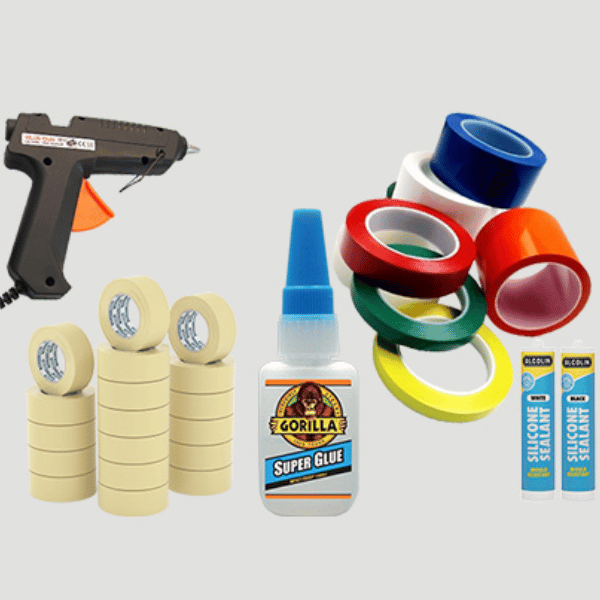
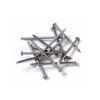
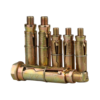
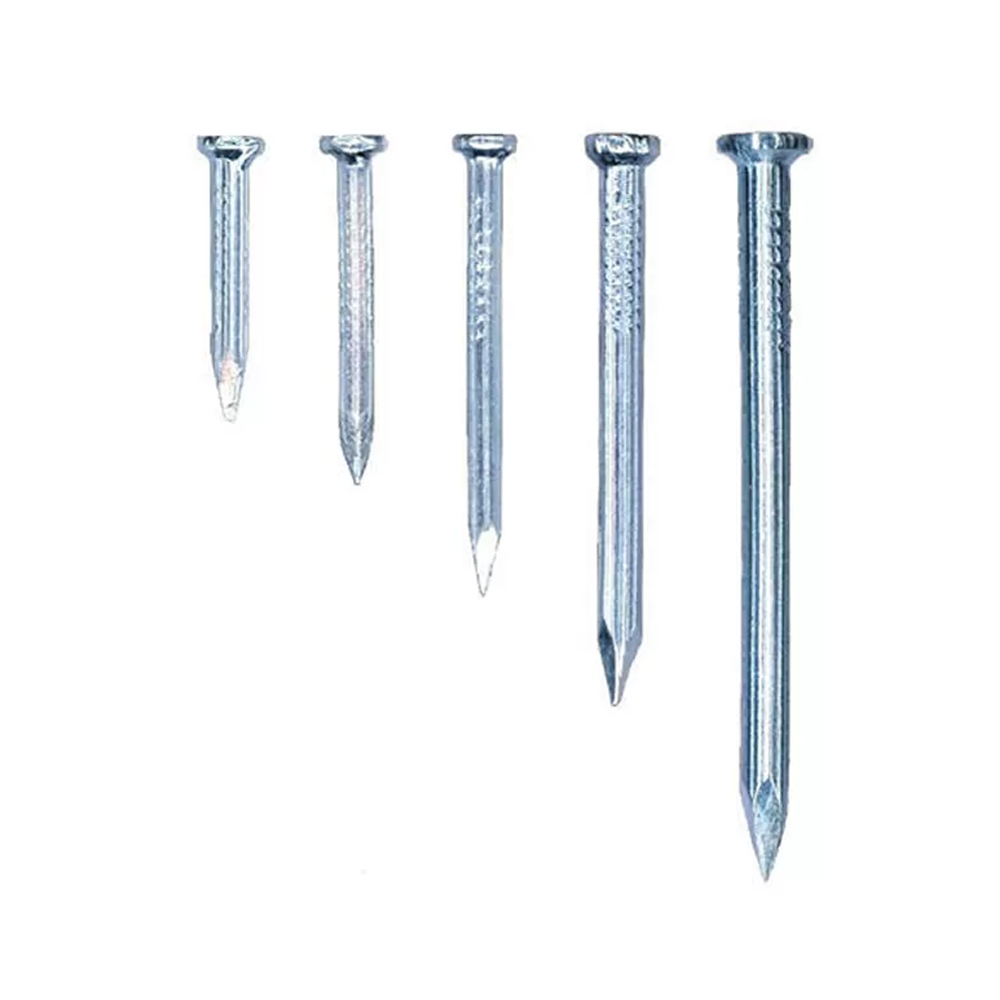
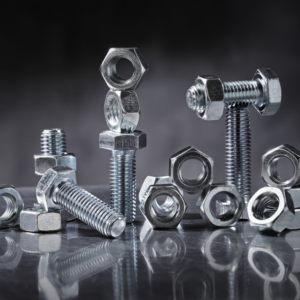
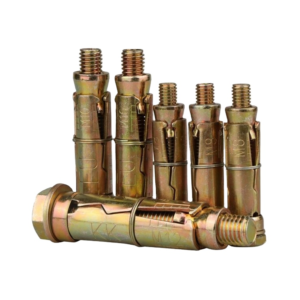
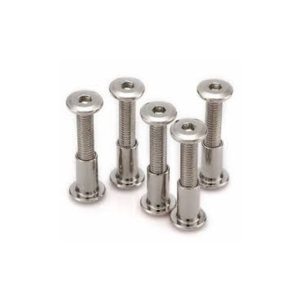

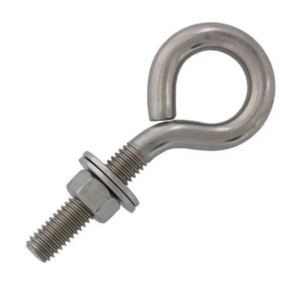
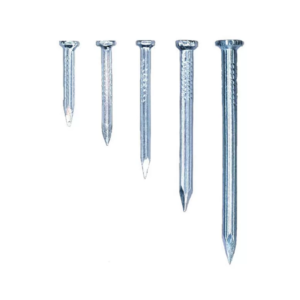
Reviews
There are no reviews yet.